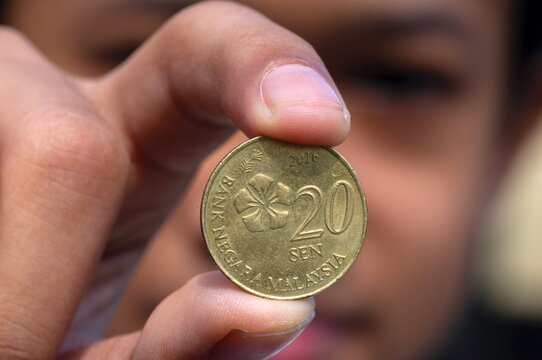WHILE at a glance the increase in cash hand-outs to the B40 group signals the Government’s support for the vulnerable, on a bigger picture it actually highlights the latter’s struggle and inability to contain rising prices.
In CGS-CIMB Research’s view, the hand-outs and the removal of price ceilings are a reflection that the Government is willing to allow for the rise in prices of goods so long as the vulnerable groups are taken care of.
“Multiple efforts by the government to try to contain the price rise which include faster roll-outs of subsidy payments, ban on exports, greater enforcement of price controls, and increase in imports of frozen food have limited impact thus far,” observed economists Nazmi Idrus and E Lim Yee Ping in an economic update.
Yesterday (June 22), Prime Minister Datuk Seri Ismail Sabri Yaakob announced an increase in the Bantuan Keluarga Malaysia (BKM) cash hand-outs as a reaction to the removal of price caps for chicken and eggs as well as the expiry of the bottled cooking oil subsidy.
Aimed at the B40 income group, the additional hand-outs are minimal – at RM630 mil or 0.05% of Malaysia’s gross domestic product (GDP) – implying a cash injection of RM100 for households and RM50 for individuals to be paid as early as June 27.
Food prices which account for 16.9% of consumer basket have seen some of the sharpest increases in January-April 2022 with meat prices topping the list (+7.7% year-on-year [yoy]). This is followed by the milk, cheese & eggs component (+6.0% yoy) and oil & fats (+3.9% yoy).
On May 19, the Agriculture and Food Industries Ministry (MAFI) abolished the approved permits (AP) for the imports of selected agrofood commodities, namely cabbage, coconut, chicken (whole part or pieces) as well as milk.
This is in reaction to the supply issues that led to a spike in prices of the said items. The Government has also indicated that it is looking into abolishing APs for other non-food related items.
Moving forward, CGS-CIMB Research has revised upward its 2022F consumer price index (CPI) to 3.1% yoy (from 2.5% earlier).
“The price momentum is likely to remain strong ahead. The removal of price ceilings will lead to a spike in chicken and egg-related food prices in the near term,” projected the research house. “Meanwhile, the AP abolishment may prevent supply disruptions but imported prices are still expected to not deviate significantly versus domestic prices”.
Moreover, CGS-CIMB Research is wary of electricity prices under the imbalance cost pass-through (ICPT) mechanism which are subject for a revision in July,
“This may lead to a hike given the elevated prices of electricity inputs, namely gas and coal,” the research house pointed out. “Unless the Government steps in again with a larger subsidy, we are likely to see another round of price increase.”
For 2023F, CGS-CIMB Research expects CPI to grow by 3.2% yoy assuming some adjustments to fuel prices for the high-income groups. – June 23, 2022










